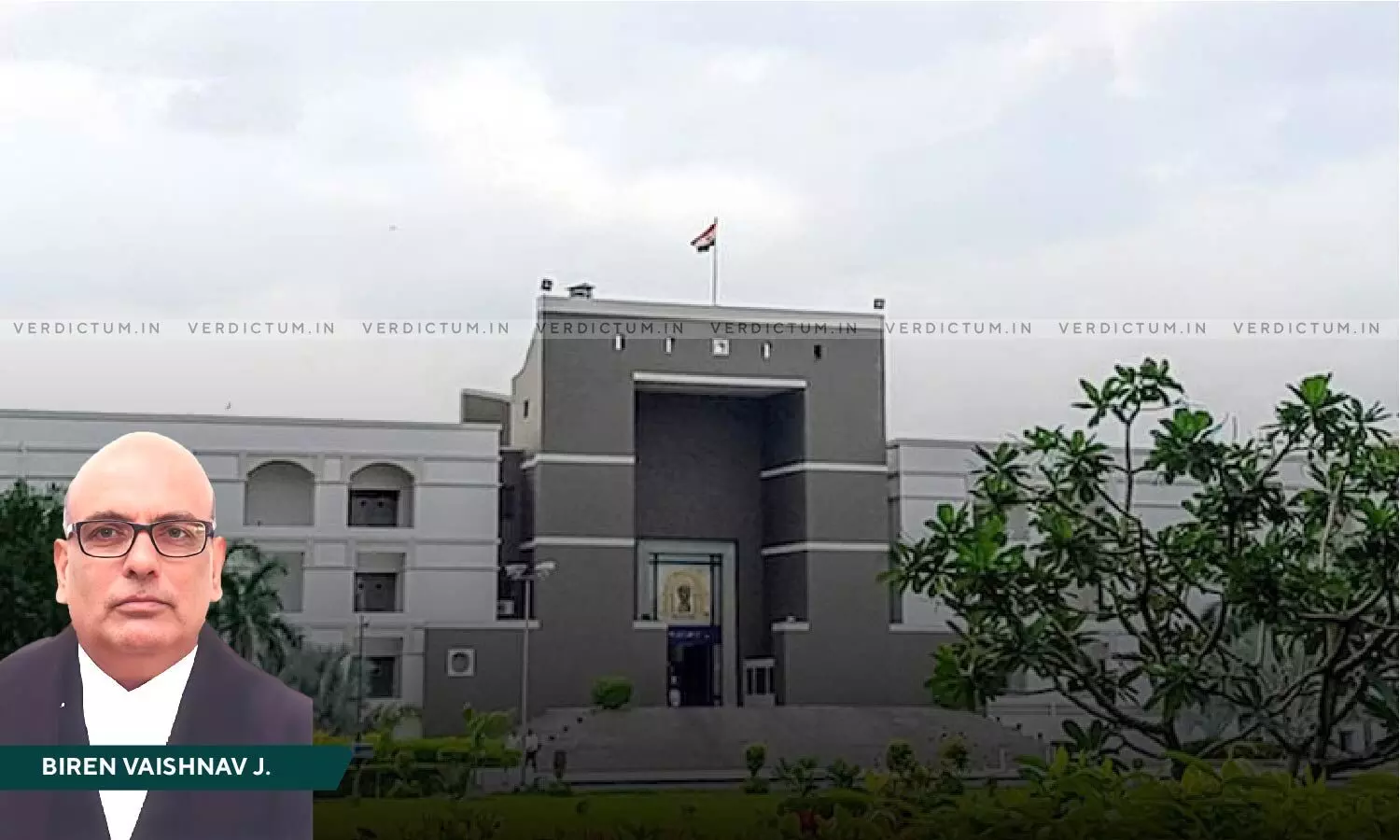
RTI: Gujarat HC Allows CAA Protestor’s Plea, Directs Commissioner To Publish Rules Under Police Act On Website For Public
 |
|The Gujarat High Court has recently allowed a petition filed by a CAA (Citizenship Amendment Act) protester against the Commissioner Of Police, Ahmedabad seeking the publication of Rules framed under Section 33 of the Gujarat Police Act, 1951.
The Court has directed the respondent to publish all the rules and orders on the website in the manner that the same are made available and accessible to the public and comply with the requirements of the Right to Information Act (RTI).
A Single Bench of Justice Biren Vaishnav held, “The respondent No.1 is directed to publish all the rules and orders framed under Sec.33 of the Gujarat Police Act on the website in the manner that the same are made available and accessible to the public and further direction is issued that the respondent No.1 comply with the requirements of Sec.4 of the Right to Information Act and publish and make available on their website the texts of all the Rules, Regulations, Instructions, Manuals and Records held by it or under its control or used by its employees for discharge of its functions.”
The Bench observed that the petitioner is entitled to have access to the Rules, Regulations, Instructions, Manuals, and Records in light of the provisions of Section 4 of the RTI Act.
Advocate B.S. Soparkar appeared on behalf of the petitioner while Assistant Government Pleader Rohan Shah appeared for the respondents.
Facts of the Case –
The petitioner sought permission for peaceful assembly and protest against the Citizenship Amendment Act, 2019 on the footpath of a road in Ahmedabad. The information was sought from the Police Inspector, Gujarat University Police Station, and vide letter, the permission for such assembly and peaceful protest was denied on the grounds of the situation of law and order as well as the problem of traffic.
The petitioner in violation of the order held an assembly and was detained for a few hours. She addressed a letter to the Police Commissioner i.e., the respondent asking for a copy of the complete rules under the Police Act. Such a request of her got rejected by the respondents. Hence, she approached the High Court on grounds of violation of Articles 19 and 21 of the Constitution.
The High Court after hearing the contentions of both the counsel noted, “What is evident from the annexures of the screenshot annexed to the petition is that the website of the respondent No.1 only shows a list containing the number of rules, acts, regulations and manuals but the copy of the same is not available online.”
It was further noted by the Court that the respondent cannot refuse to produce such rules or orders inasmuch as, what is evident from the mandate of the Act read in the context of the objectives of the Act is to promote the free flow of information.
“It is therefore incumbent that the rules and orders framed under Sec.33 of the Police Act which are held or under the control of the employees for discharging its functions must be published on the website and made available and accessible to the public”, the Court further said.
The Court said that in accordance with the mandate under Section 4 of the Act and in light of the fundamental rights guaranteed to the petitioner under Articles 19 and 21 of the Constitution, the petitioner was entitled to the information so provided.
The Court also asserted, “Had the petitioner been supplied with the reasons and the rules under which she was denied permission to protest in 2019, she would have had access to the law of the land and to the decision making process which could enable the petitioner to challenge such information.”
It was further asserted by the Court that the petitioner is entitled and so the respondent is under a legal duty to publish the information specified in Section 4(1)(b) of the Act.
The Court therefore, held, “… the petitioner will be handicapped in challenging such permission which will be a direct infringement of his fundamental right and a statutory right to know and access the law of the land which he violated. … the petitioner in her right is entitled to a writ of mandamus for a direction to seek such information, especially when, it will help what is evidently the purpose of the RTI Act i.e. to receive information so as to know what is the procedure followed in the decision making process the norms set by it for the discharge of the functions by the State and the Rules and Regulations empowering such decision making process.”
Accordingly, the Court allowed the petition and issued necessary directions to the respondents.
Cause Title- Swati Rajiv Goswami v. Commissioner of Police, Ahmedabad
Click here to read/download the Judgment